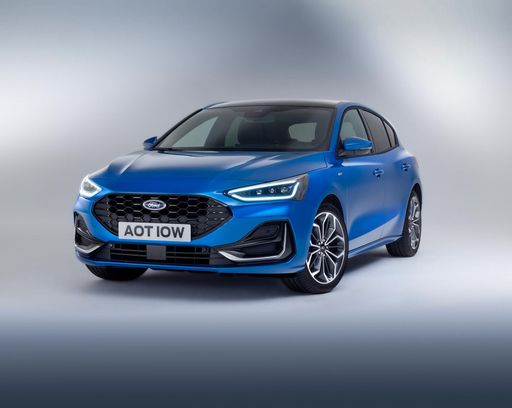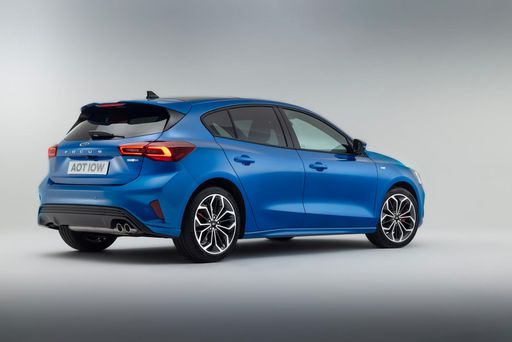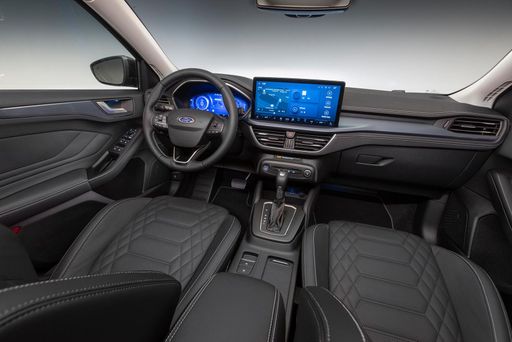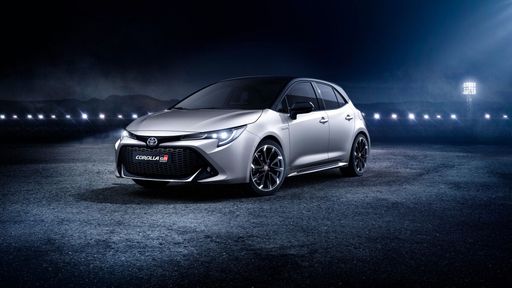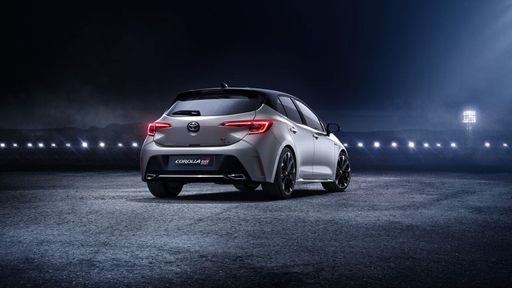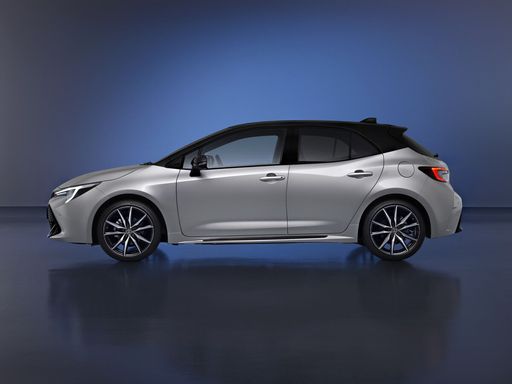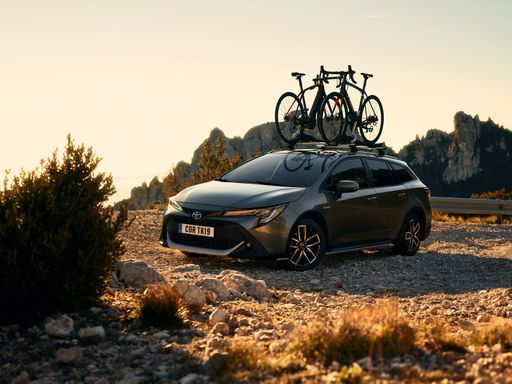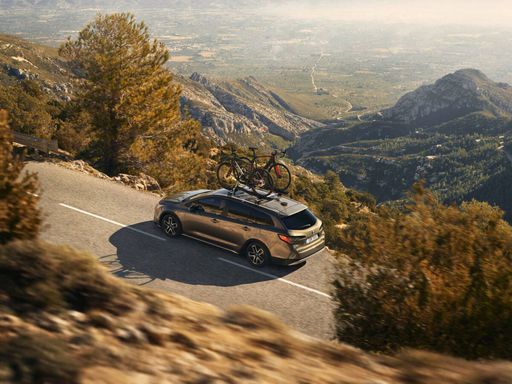Introduction
The compact car segment is fiercely competitive, with models like the Ford Focus and the Toyota Corolla consistently vying for consumer attention. While both vehicles are known for their reliability and efficiency, they offer distinct attributes that cater to different preferences. This article provides a detailed comparison of the Ford Focus and Toyota Corolla, focusing on technical aspects and innovations that set them apart in the automotive landscape.

